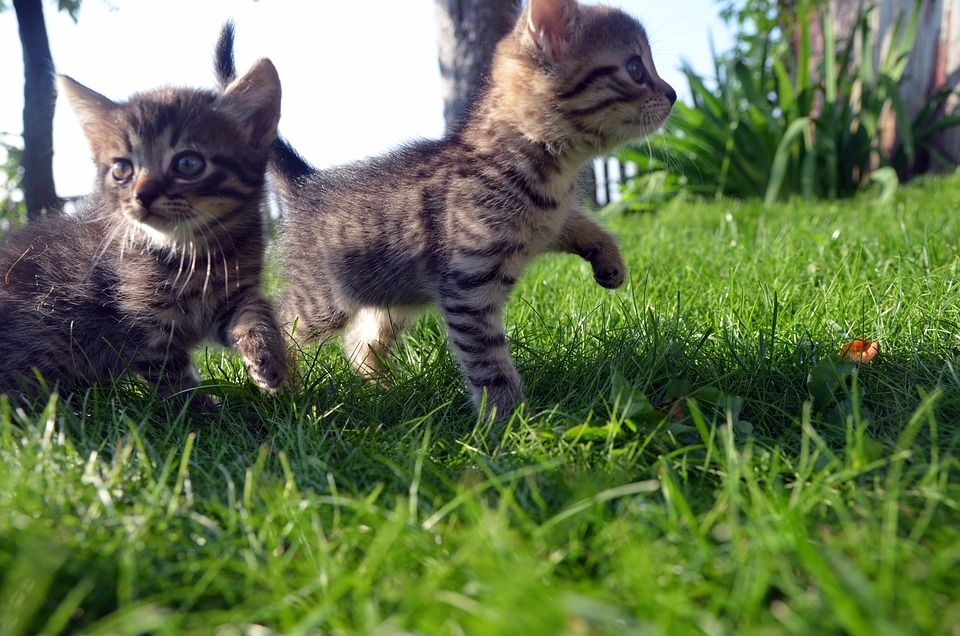
When it comes to small pets, such as hamsters, rabbits, or guinea pigs, their size often leads to the misconception that their care is easier than that of larger animals. However, small pets require just as much attention and care as their larger counterparts. Here are some essential pet care tips for keeping your small pet happy and healthy.
1. Proper Housing: Small pets need a comfortable and spacious cage or enclosure to live in. Make sure the cage is large enough for your pet to move around, stand up, and stretch. It should also be well-ventilated and escape-proof. Line the bottom of the cage with a safe bedding material, such as aspen shavings or paper-based bedding, and provide plenty of hiding spots and toys to keep your pet stimulated.
2. Nutrition: Small pets have specific dietary needs that should be catered to. For example, guinea pigs require a constant supply of hay, a small amount of pellet food, and fresh vegetables. Hamsters, on the other hand, need a mix of commercial hamster food, occasional fruits and vegetables, and treats. Make sure to research the specific dietary needs of your small pet and provide them with a well-balanced diet to keep them healthy.
3. Exercise: Just because they’re small doesn’t mean they don’t need exercise. Provide your small pet with plenty of opportunities for physical activity, such as a hamster wheel, tunnels, or toys to climb and explore. Allowing your pet to exercise regularly will help keep them fit and prevent boredom and obesity.
4. Socialization: Many small pets are social creatures and benefit from interaction with their owners. Spend time with your pet each day, whether it’s feeding, handling, or playing. This will help to strengthen the bond between you and your pet and provide them with much-needed mental stimulation.
5. Regular Veterinary Care: Just like cats and dogs, small pets require regular check-ups with a veterinarian. Regular health checks can help to identify and treat any potential health issues early on, ensuring a long and healthy life for your small pet.
6. Cleanliness: Small pets can be susceptible to a buildup of waste and bacteria in their cages, so it’s important to clean their living space regularly. This includes changing the bedding and cleaning the cage at least once a week to ensure a clean and healthy environment for your pet.
In conclusion, while small pets may be smaller in size, they require just as much care and attention as any other pet. Following these essential pet care tips will help ensure that your small pet lives a happy and healthy life. By providing them with proper housing, nutrition, exercise, socialization, veterinary care, and cleanliness, you can give your small pet the love and care they deserve.